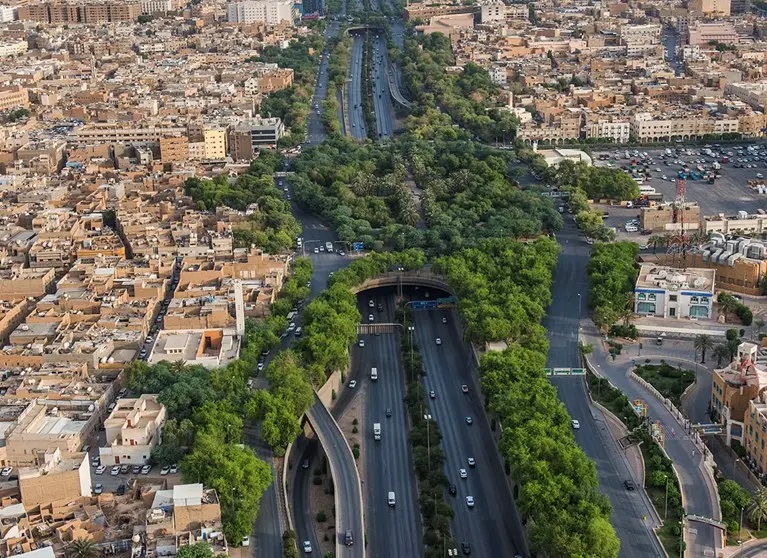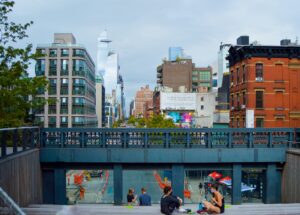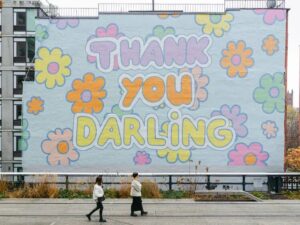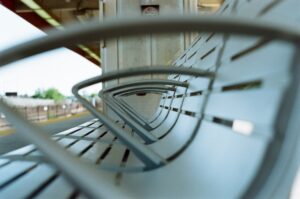UN-Habitat has supported the Metropolitan Area of Barcelona along with a diverse group of international experts to conceptualise metropolitan solutions, as well as to identify the first series of metropolitan solutions already boosting the implementation of the New Urban Agenda and serving the territorialisation of Sustainable Development Goals at metropolitan level.
The report includes a project to create green infrastructure in Riyadh, Saudi Arabia, which has one of the lowest percentages of green spaces per capita in the region and urban planning defined by an absence of walkability, aggravated by the local climate. It aims to mitigate the lack of climate-friendly public space by providing footpaths and redeveloping streets according to pedestrians’ needs. It involves planting more than 7.5 million trees in 3,330 neighborhood gardens, 43 parks, 9,000 mosques, 6,000 schools, 64 universities, 390 health centers and 1,670 public facilities in Riyadh. Trees will also be planted on 16,400 kilometers of streets and roads, 2,000 car parks, 1,100 kilometers of green belts, 175,000 vacant lots and 272 kilometers of ditches. The project contributes to the Saudi Green Initiative, which aims to establish more than 541 square kilometers of green space by 2030.
Download the full report here.
Recommended by Luisa Bravo











More Stories
A stealthy reimagining of urban public space by Elizabeth Diller
Activists vow to keep installing guerrilla benches at East Bay bus stops
Security by Design: Protection of public spaces from terrorist attacks